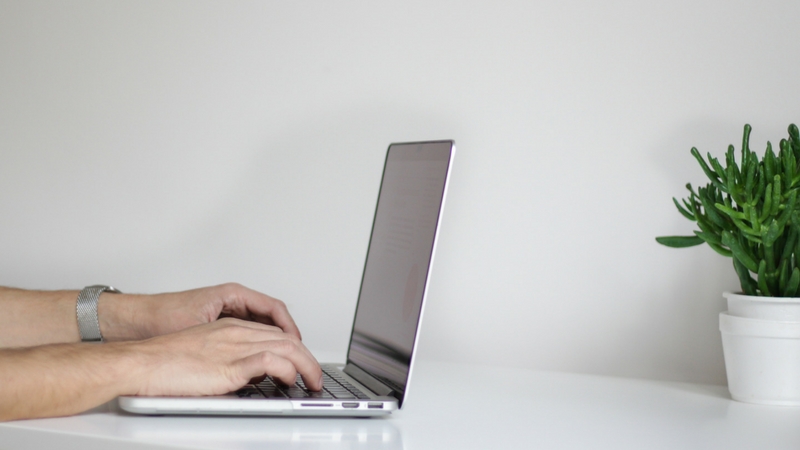Okay, Let’s Buy Some Bitcoin (or Get Prepared to Do So)
Episode #4 of the course The basics of Bitcoin by John Saddington
Welcome to the fourth lesson of the basics of bitcoin. Now you can confidently say that you have more of a foundation around the underlying technology than most people on the planet (and this will be truth for quite some time).
Today, we’re going to do something so exciting that I can barely contain myself as I type these words: You are going to investigate and prepare yourself to buy bitcoin.
The First Thing to Do
The beautiful thing about bitcoin is that it is a technological marvel in its complexity but also approachable and useful as a real form of value immediately.
But unfortunately, it’s not so easy to buy and acquire bitcoin, at least not at the moment. In the very foreseeable future, we’ll all be able to transact and bring new “bitcoiners” (holders of the bitcoin unit of currency) into the fold quickly and easily, but again, we’re still in the very early days. And unlike getting a dollar, euro, or yen from someone, you can’t just purchase bitcoin without actually having a place to store them.
In other words, you need to first get a bitcoin wallet before you purchase and acquire any bitcoin. And this makes sense, as you want a place to store your value before you have any value to store.
So Many Bitcoin Wallets to Choose From!
First, a bitcoin “wallet” is most technically understood as a user interface to the bitcoin system and larger network, very much like your everyday web browser that you use to interact and engage with the larger world wide network and internet.
There currently are many implementations and even brands of bitcoin wallets (and more being added daily), so it’s really up to you as to what you’d like to use and even your underlying reasons.
At a very high level, there are five types of wallets that you may choose from:
1. A Desktop Software Wallet describes the software you could use via macOS, Windows, or Linux operating systems and that can be easily (but often insecurely) used. This is not recommended unless you know how to securely configure the underlying operating system.
2. A Mobile Wallet is exactly what you think it is: a piece of reference software running on any mobile operating system like iOS (for iPhone) and Android. This is the most common form of wallet, as it most closely mirrors someone’s physical wallet and is most easily understood by new bitcoiners.
3. A Web Wallet is a bitcoin wallet that is accessed via your electronic device (desktop computer or mobile device) on a web browser such as Google Chrome, Apple Safari, Mozilla Firefox, or Opera. These wallets are owned and managed on a server(s) owned by a third-party provider. Many new bitcoiners will start here, but it is not smart to keep a lot of bitcoins on these systems, as they can be hacked or compromised with very little recourse for you, the end user.
4. A Hardware Wallet are physical digital devices typically operated via USB or a similar hardware protocol and is one of the most secure and proven ways to store bitcoin and other digital currencies. You can, of course, lose them, and there is always the risk of them getting damaged or accidentally destroyed.
5. A Paper Wallet is exactly what you imagine it to be: a physical printout of the bitcoin (or the keys referencing and controlling the representative value) on physical materials, such as paper. Creative folks have even etched their keys into other materials like wood, stone, and metal. This low-tech, offline solution is highly secure and is often called cold storage.
It is worth noting that many people “diversify” their wallets for security purposes, so it’s not uncommon for a single participant to have all types of different wallets, many for specific types of transactions or use cases.
It is, of course, entirely up to you.
This is a good stopping point, as now you have an important first step in sending and receiving your very first bitcoin. Tomorrow, we’ll finally walk through one implementation on how you can get your first bitcoin.
Chat tomorrow, friends!
John
Recommended book
Share with friends

